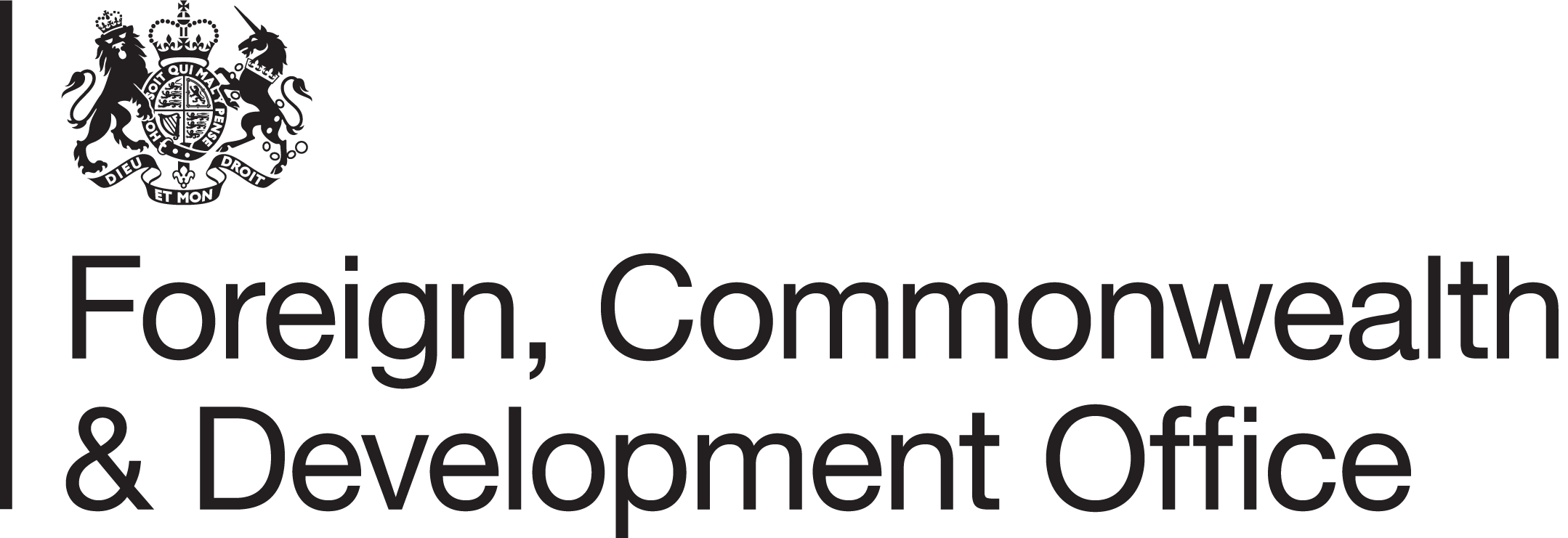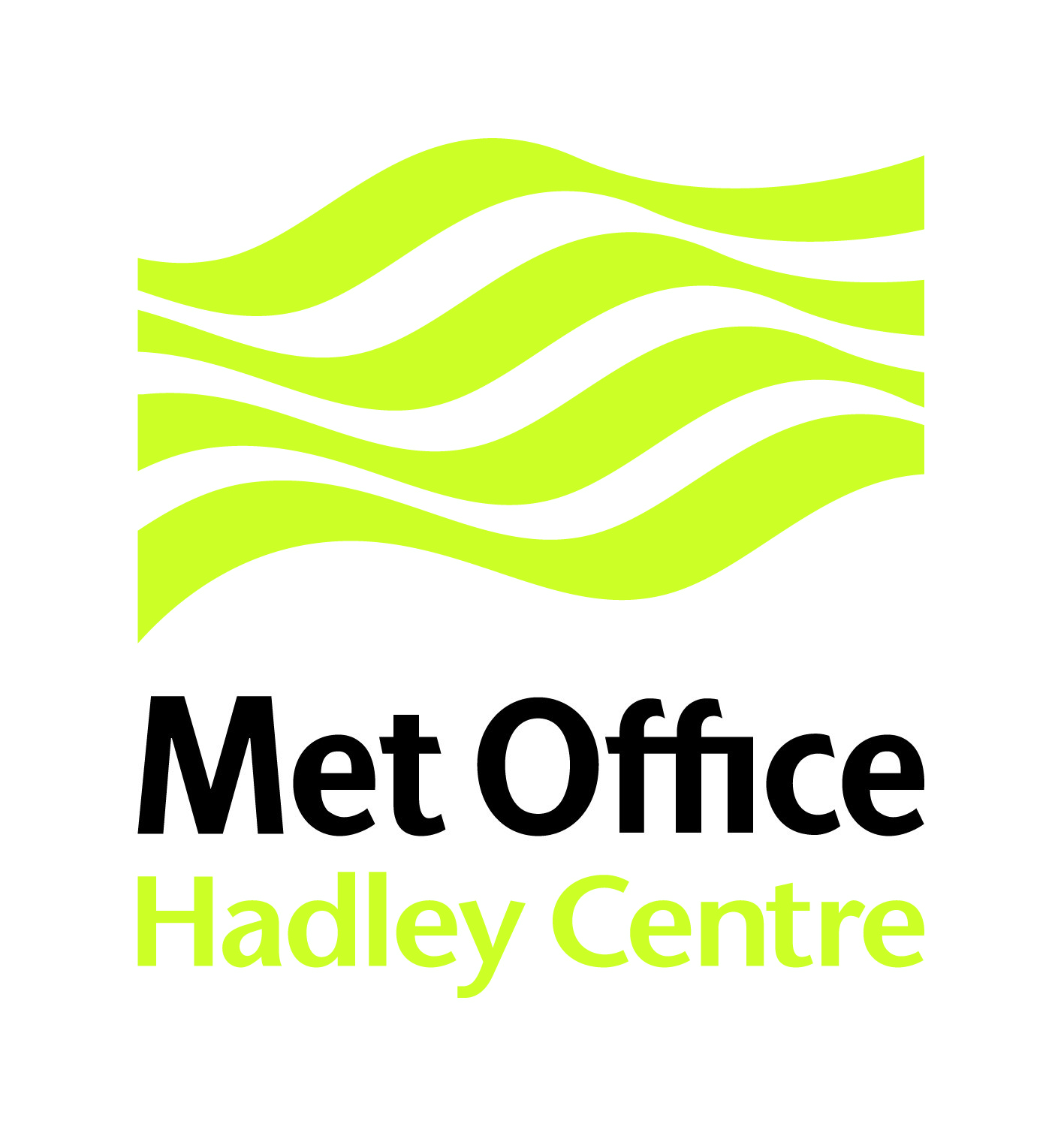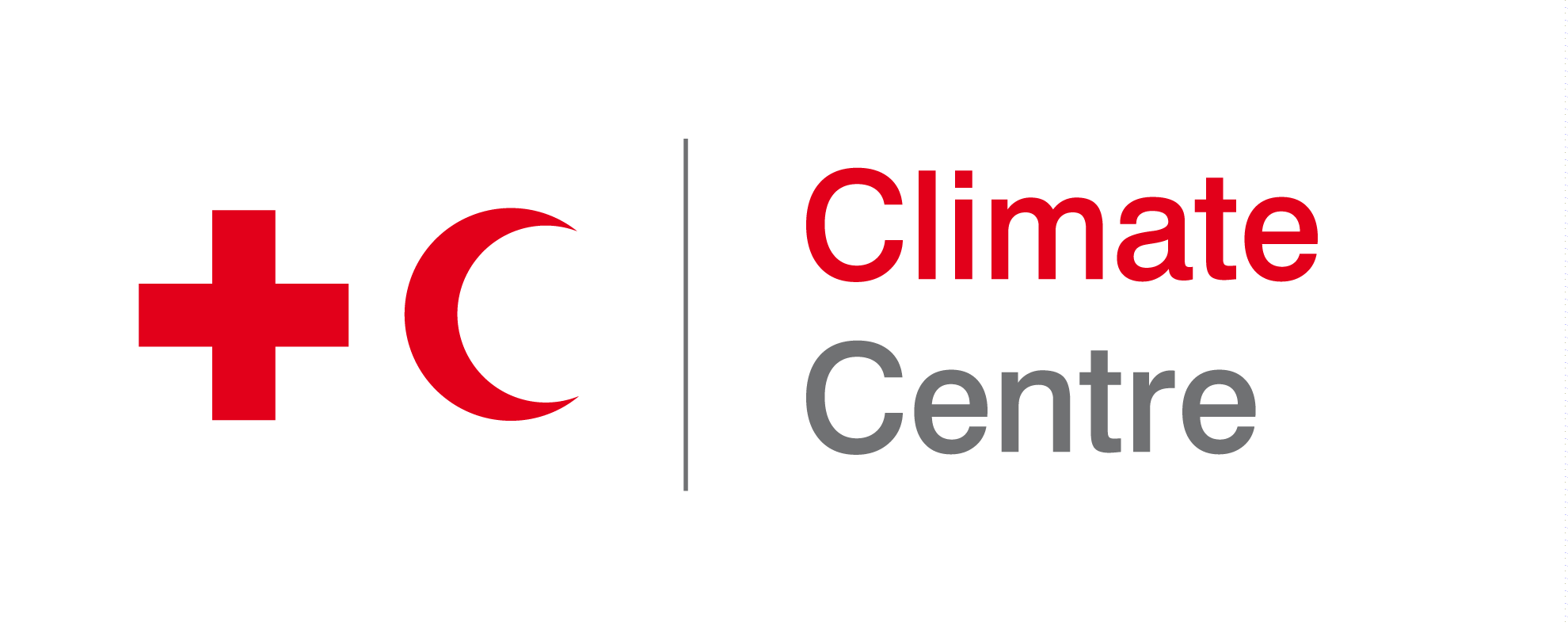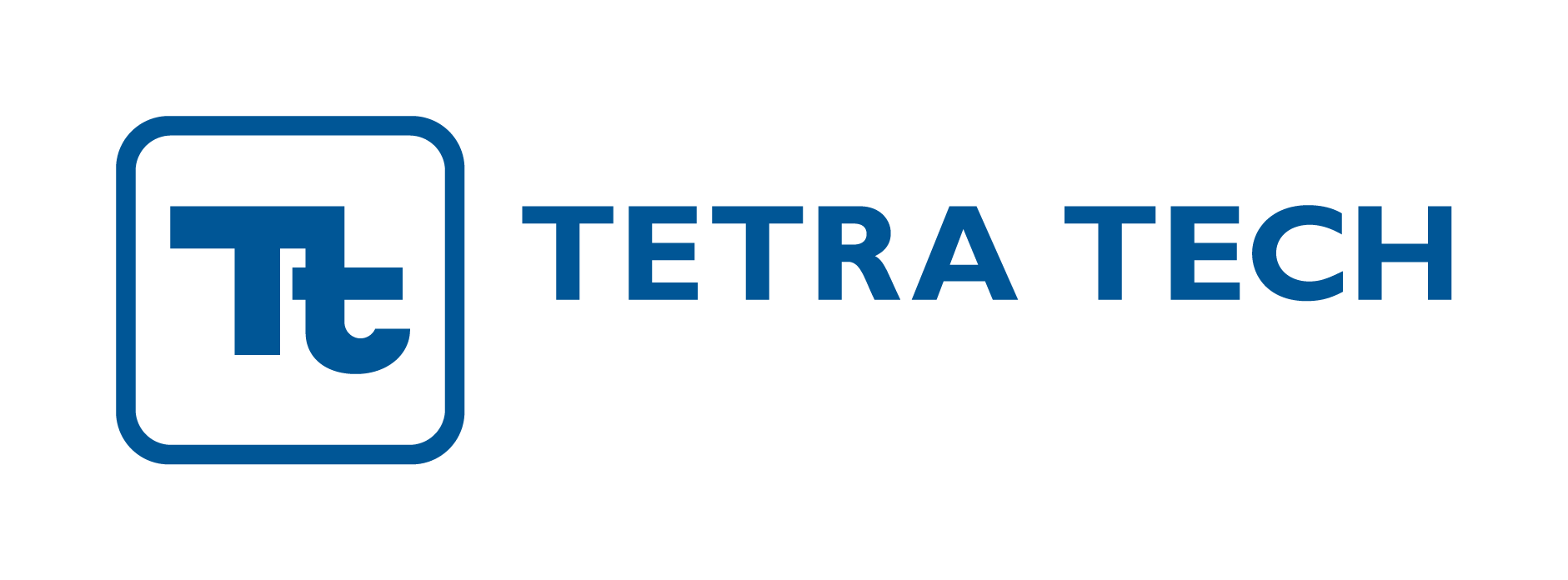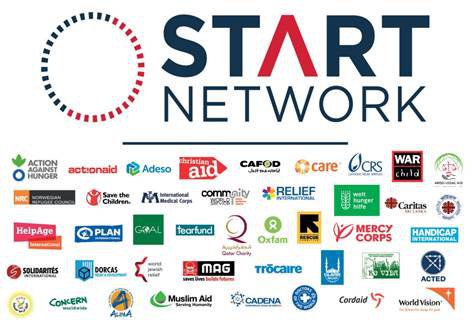Forecast-based early action
A range of large-scale social protection and risk financing initiatives, as well as promising innovations in forecast-based action (FbA), have emerged in recent years. The field of forecast-based early action is rapidly expanding, and consolidating the evidence, experience, and lessons from early efforts to develop forecast-based action and finance tools can help improve the impacts and effectiveness of future investments.
The Scoping and Design for Taking Forecast-Based Early Action to Scale project funded under the WISER programme will do just that. ODI and partners including the Start Network, Red Cross Climate Centre, University of Sussex and Tetra Tech, work together to review and share existing forecasting and decision-making capabilities and links to finance for early action that can be triggered in a range of different contexts. The project team identifies opportunities for institutionalising FbA through modifications to existing forecasting, decision-making, financing and delivery mechanisms.
The goal of the focal studies is twofold:
- to uncover the political economy and other factors influencing the formalisation of FbA mechanisms
- and build interest and dialogue between key stakeholders (providers of forecasts and potential users of that information).
The project began with an initial report, surveying the core features of over 25 FbA instruments designed to anticipate and reduce the impacts of natural and man-made hazards, and providing suggestions for scaling initiatives. The second phase of the project covers three types of humanitarian financing-delivery ‘systems’: an international fund and UN delivery mechanism (CERF); a national social protection delivery system (HSNP in Kenya); and enhanced coordination between non-state and state actors (in Bangladesh). The completed focal studies set out the context and rationale for scaling up each system and describe the process of co-production used to bring together the necessary stakeholders to develop a sound concept.
Staff
-
Lena Nur
Research Associate
-
Katie Peters
Research Associate
-
Simon Levine
Senior Research Fellow
-
Thomas Tanner
Senior Research Associate
-
Emily Wilkinson
Senior Research Fellow and Director, Resilient and Sustainable Islands Initiative
